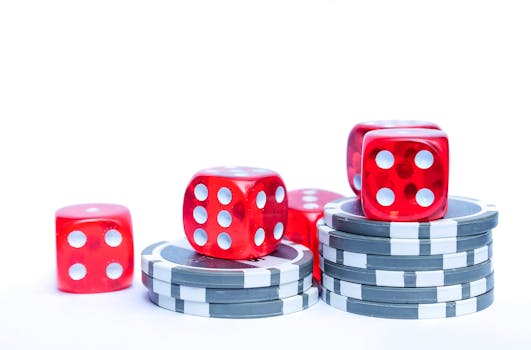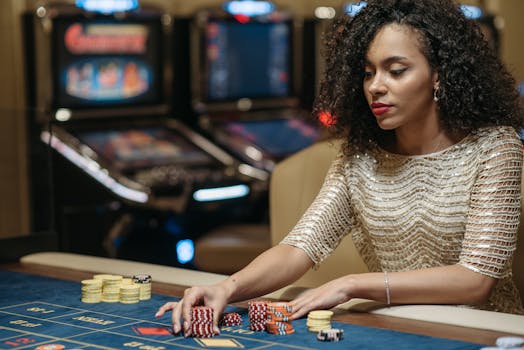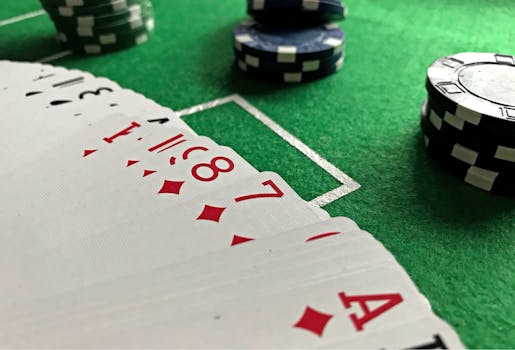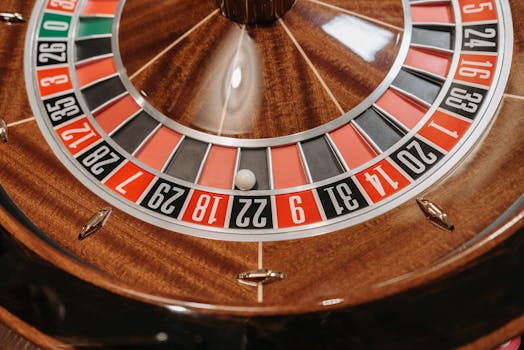Luck in Casino Games: Perception or Reality?
The allure of casinos, buzzing with the clinks of slot machines and the shuffling of cards, often revolves around the elusive concept of luck. Players frequently attribute their fortunes to luck, but is it a real force or just a perception? This exploration delves into whether luck in casino games is tangible or merely a psychological construct.
Decoding Luck in the Casino Environment
Luck is generally described as the outcome of events beyond one's control, perceived either as good or bad. In the realm of casino games, predominantly governed by chance, the idea of luck becomes particularly prominent. However, understanding that the backbone of these games is rooted in mathematical probabilities and the mechanics of random number generators, especially in online platforms, is crucial.
Probability and the House Edge
At the heart of casino operations is the concept of the 'house edge'—the built-in advantage that ensures the casino always has an upper hand. For instance, the house edge in American roulette stands at approximately 5.26% due to the extra double zero on the wheel. This statistical advantage is pivotal for players to grasp, as it affects their chances of winning.
Psychological Perspectives on Luck
The belief in luck can often be attributed to cognitive biases. Psychological studies suggest that people are prone to confirmation bias, where they recall wins more vividly than losses, leading to the false impression of influencing random outcomes. This misperception can alter a player’s approach to games, often veering towards reliance on luck rather than strategy.
The Reality of Luck in Casino Games
Taking the example of a slot machine jackpot, what appears as a stroke of luck is in fact the result of a random sequence produced by a computer algorithm. Each spin is independent, maintaining constant odds. In card games like blackjack, although strategies can optimize a player's game, the distribution of cards is ultimately governed by chance, underscoring the role of luck.
Pros and Cons of Believing in Luck
Advantages:
- Enhances the excitement and enjoyment of casino games.
- Motivates players to embrace risks, potentially leading to significant payoffs.
- Can lead to irresponsible gambling behaviors if overly relied upon.
- May deter players from learning and employing effective game strategies.
Disadvantages:
Striking a Balance: Luck and Strategy
Understanding that luck is an integral yet not exclusive factor in casino games is key to responsible gambling. Players benefit from balancing their belief in luck with strategic play and awareness of gambling mechanics. Educating oneself about game rules and the probabilities at play is advisable, promoting a more informed and controlled approach to gambling.
Final Thoughts
Luck, whether viewed as just a perception or an influencing factor, undeniably shapes the casino experience. Recognizing that the outcomes of casino games are fundamentally based on randomness and probabilities provides a grounded perspective for any gambler aiming to enjoy the thrill of casino games while fostering healthy gambling habits. Thus, while luck enhances the narrative of gambling, strategic knowledge remains crucial.
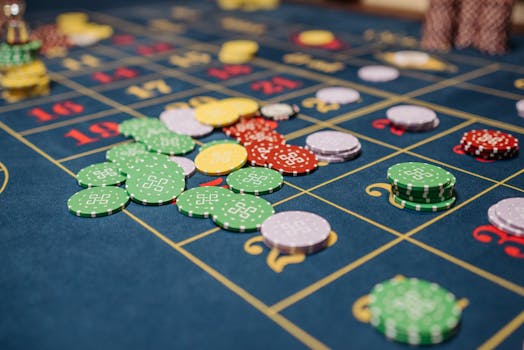
.png)
